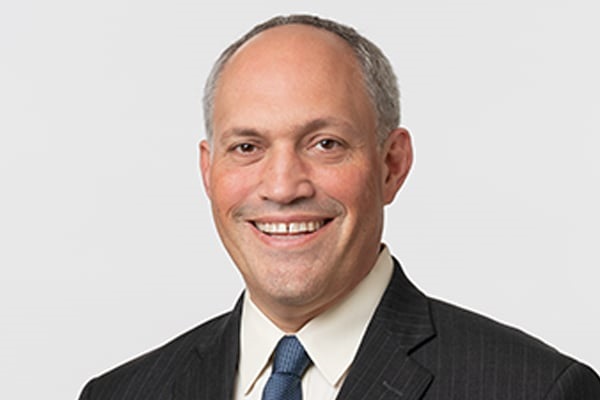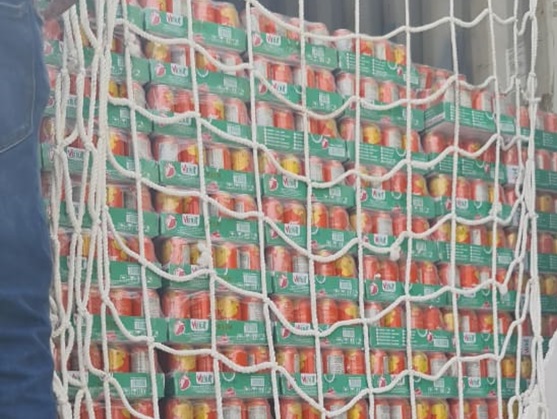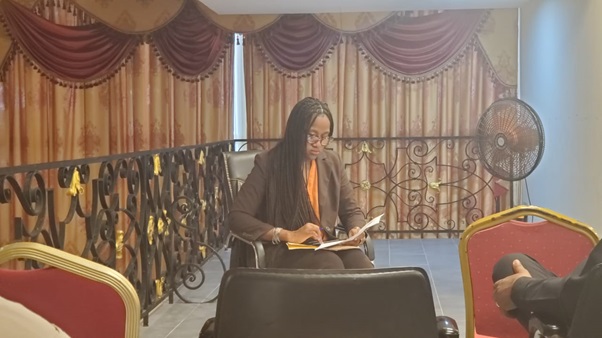By Michael Rubin
The ties between the United States and Liberia run deep. In 1819, Congress appropriated money to found the country as a refuge for freed slaves to return from America to Africa, a project many northern abolitionists supported. Three years later, the returnees founded Monrovia, named after James Monroe and one of only two world capitals named after a US president. Ties remained strong over subsequent centuries. Henry Ford revolutionized the automobile that in turn changed the American landscape. All would be for naught, though, had it not been for the Firestone rubber plantations in Liberia to provide tires.
In the late 1980s, Liberia descended into a series of civil wars that lasted until 2003. Its recovery has been shaky, and Liberian democracy remains fragile. The country almost reverted to state failure under George Weah, a former football (soccer) star who became president in 2018. Upon assuming office, he broke his promise to establish the war and economic crimes court, choosing instead to hire those who might have been subject to it. Rather than seek to grow the economy, Weah instead sought to loot it. President Joe Biden gives African leaders much slack, but even the White House grew tired of the blatancy of Weah’s mismanagement if not criminality to the point where they spoke openly of his corruption and gave him the rogue regime treatment. Weah appeared to thumb his nose at Washington, and even opened the door to the Russia-backed Wagner Group to establish itself in the country.
Weah sought reelection but, with Washington distracted by the Ukraine-Russia and Israel-Hamas wars, sought to fix the outcome. He got away with it in the first round but by blatantly disenfranchising those who voted for challenger Alexander Cummings, Jr., a former Coca Cola executive, he woke the international community up to his fraud. Liberians had enough and with the world watching, he lost the second and final round to Joseph Boakai.
Many Liberians did not expect much from the 79-year-old Boakai. A former vice president, they saw him as sleepy and a place-holder. He has already proved them wrong. Boakai has laid the groundwork for establishing the long-delayed war and economic crimes court. He nominated Sylvester Grigsby, friendly with Washington and long an advocate of the court, to be minister of State for Presidential Affairs. Boakai’s appointment of Jonathan Massaquoi to be Justice Minister suggests promises to tackle corruption are not empty. Boakai has also established an office to coordinate the court’s establishment and has approached international technocrats to stand it up. That Boakai also included the pledge in his inauguration speech also suggests his seriousness, as everyone from ordinary Liberians to foreign diplomats can now hold him to his pledge.
Boakai also may pursue prosecution of Hassan Bility and Alain Werner, both of whom apparently engaged in shakedowns and corrupted human rights investigations by soliciting false testimony. Liberians deserve justice, not foreigners seeking to profit from their misery. Liberian senators are already preparing hearings to investigate Bility and Werner’s schemes. Rumors that Boakai might appoint Cummings to be either foreign minister or Liberia’s ambassador to the United States are welcome and would make Liberia a diplomatic powerhouse.
US support for Liberia is not charity; rather, it is wise strategy. Too many in Washington seek to punish African countries when they do wrong, but the State Department does not do enough to support leaders making the right choices. The United States also needs a partnership that can serve as a model for Africa. Djibouti and the Democratic Republic of Congo show Africans what it means to be Chinese allies. Those who want a French partnership can look at Chad, and those more inclined to the Russian model have Mali, Burkina Faso, and the Central African Republic as examples of what that means.
To partner with Boakai and invest heavily in Liberia would show Africans across the continent that the United States stands for democracy, transparency, and the prosperity not of the country’s leaders but of its entire population. It is time to restore Liberia to be among the top tier of US allies in Africa and invest in the country accordingly.







